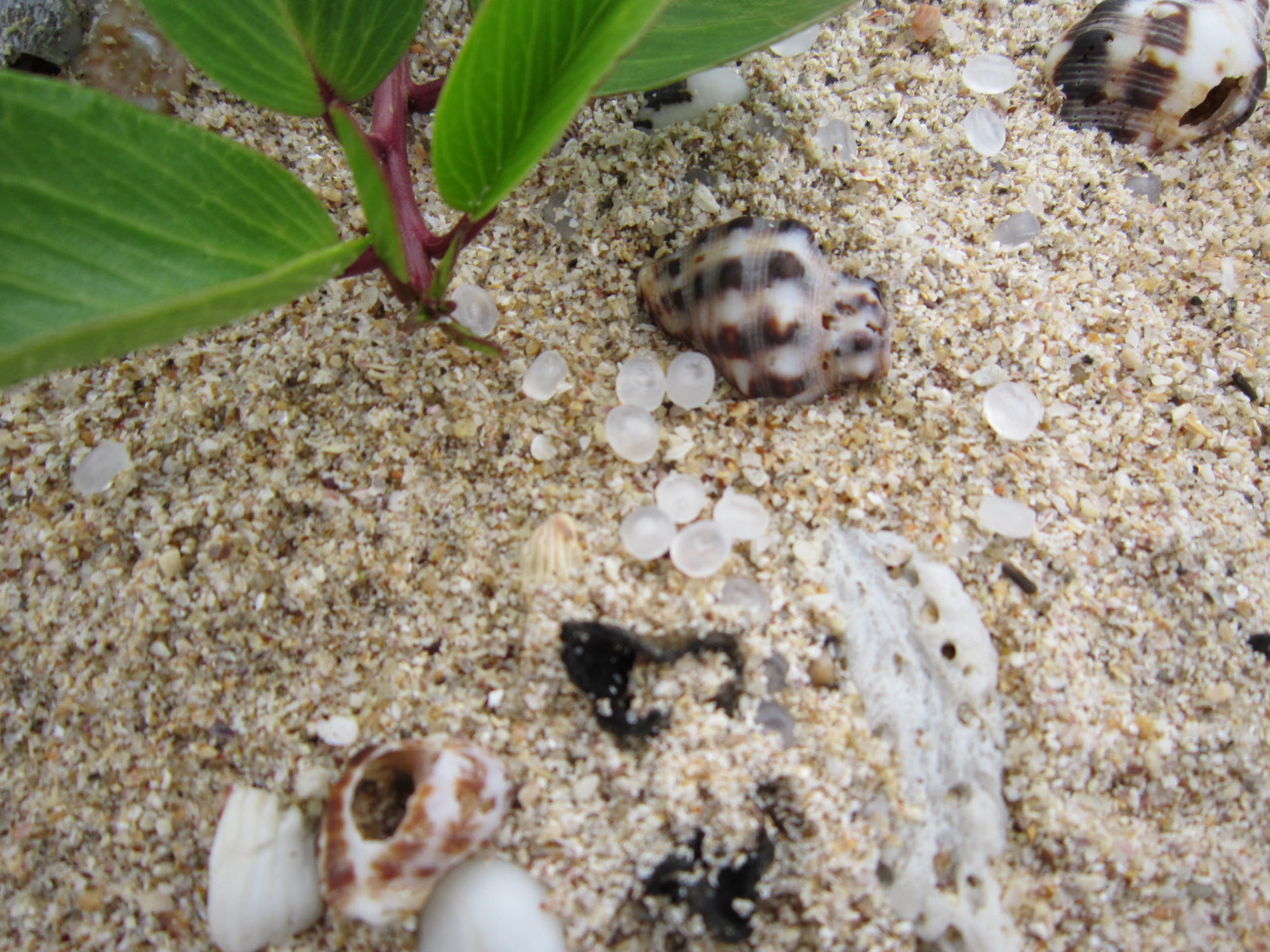'OFB20' Further 20% OFF Sale | free shipping Australia wide
'OFB20' Further 20% OFF Sale | free shipping Australia wide
Accessories
Check out our full lineup of yoga accessories to help you with your daily meditation practice and fitness goals...
Try our new Cork Yoga Brick for soft but solid support
Check out our full lineup of yoga accessories to help you with your daily meditation practice and fitness goals...

Nurdles Disaster
2 min read
My first experience of nurdles was when I was just a young child on the beach, I remember collecting a few of these weird little cloudy smooth regular shaped hard bits and pieces in my hand. At first I thought they might be organic like a hard vertebra from the spine of a small fish, the ocean often teaming with shoals of silver sardines, but then I put it between my teeth and bit down. I realised it was plastic – hard weathered plastic. I was perplexed!
Fast forward 20 years and this is type of pollution is now common across the beaches of the world. They are tiny pieces still visible to the naked eye, and are known as microplastics. They are tiny pre-production plastics used in everyday objects. Some of these microplastics are from the degradation of large hard plastic or resin items.
The next category of plastics which interests me intensely are microfibres, think of the finest nylon stockings, the very fine fibres are less than one denier per filament. These microfibres mostly find their way into our oceans via our washing machines and laundry. Top loaders are worse because they agitate the textiles more than a front loader. Garment quality and fabric composition are also factors in the amount shed in an average kilogram of laundry done. Unfortunately, our waste water treatment plants are unable to catch these microfibres, and so they are flushed away with clean water into waterways.
The consequences of this are that filter feeding species are feeding unwittingly on these microfibres. There is added complexity when the plastic microfibres have hazardous chemical compounds impregnated into them. These harmful chemicals are causing massive disruption to the endocrine, immune and reproductive systems of many aquatic animals.
So what practical steps can we take now to reduce this phenomenon. We can wash fleece nylons and synthetic fabrics in laundry bags, collect the lint and recycle with plastics. We can wash our clothing less. We can opt for natural fibres. Make sure the next washing machine you buy has an inbuilt microfibre filter. Using a laundry ball, such as a Cora Ball https://coraball.com/, which catches microfibres in each wash.
PLASTIC DOESN’T DEcompose it just gets smaller ….
Photo attribute to By Wright - Own work, CC BY-SA 3.0, https://commons.wikimedia.org/w/index.php?curid=25361259
Premium. Ethical. Sustainable. Kids. Swimwear.
Tyoub, eco-friendly swimwear brand based in Melbourne, Australia. Offering reusable swim nappies for toddlers and babies. The best bathers and swim togs for children. Year round swim essentials to help parents navigate weekly swimming lessons and hassle free holidays. Conscious swimwear made with recycled polyester motivated by marine conservation.

